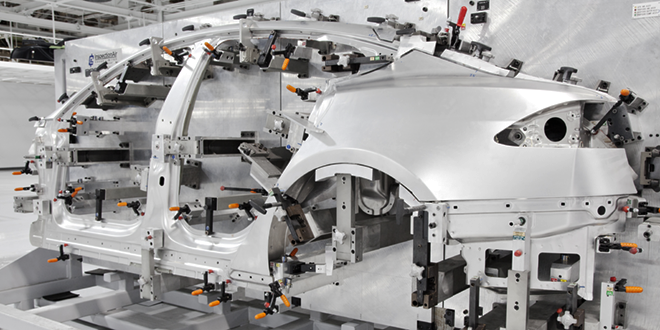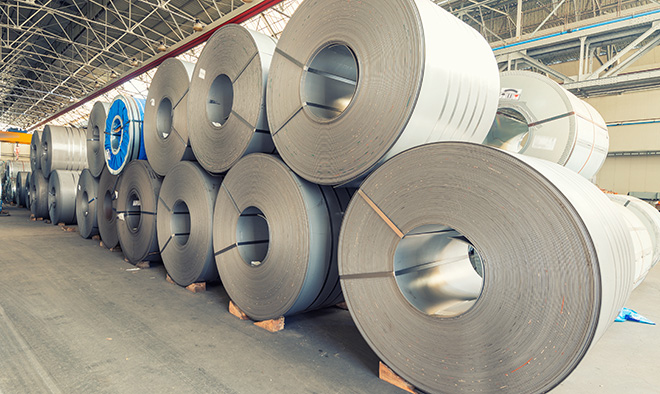Last week, the US DOT and EPA held public hearings on the Trump administration’s proposal to reverse existing federal fuel efficiency and emissions standards.
The administration has attempted to justify the rollback of standards by claiming that higher fuel economy would lead to more highway fatalities because of the trend towards reducing the weight of vehicles. According to Mario Greco, Chairman of the Aluminum Association’s Aluminum Transportation Group (ATG), who testified on behalf of the aluminum industry during the Dearborn hearing, this claim is false.
“The agencies clearly recognize the body of data and on-the-road examples that confirm mass reduction through stronger, yet lighter materials helps deliver safe, fuel-efficient and cost-effective vehicles to meet or exceed consumer demands,” said Greco. “However, numerous flawed assumptions in the draft rule are misleading and overstate potential unfavorable impacts on safety, societal cost of the regulation and new vehicle sales.”

“Automakers are not reducing the weight of small cars, but instead are prioritizing weight reductions where it offers the most promise to boost fuel economy and reduce emissions -their larger, heavier cars and trucks,” Greco explained.
According to the ATG, the US aluminum industry supports nearly 700,000 jobs across the nation and has invested more than $2.6 billion since 2013 in domestic plant expansions to support growing demand in the auto market. Demand for aluminum in automotive applications is at an all-time high.
Source: Aluminum Transportation Group via Green Car Congress


















































































